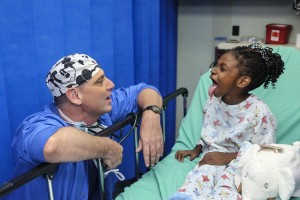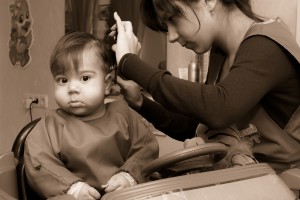Hospital Stays and Autism: How to Prepare
The hospital environment is often overwhelming for individuals on the spectrum. The sounds and smells are all completely different from home, and it is difficult to control the routine. A lack of staff knowledge about autism can add to this stress, resulting in a terrifying experience for autistic children and their parents. Although it’s impossible to control everything and plan for every potential issue when preparing your autistic child for a hospital stay, the guidelines in this article are a good foundation for ensuring your child experiences minimal stress.
…









